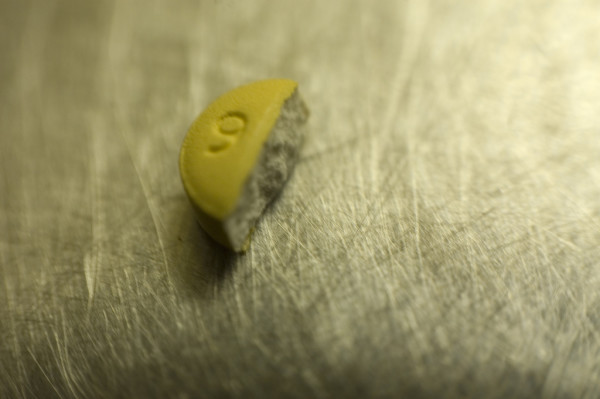Imagine a world where one could take a pill based on his or her medical condition, without worrying about any adverse consequences that the pill might stimulate. For instance, if there were problems with the intestines or an infection within the body, the pill would be able to sense the correct ailment and release the appropriate medicine. Researchers at the Carnegie Mellon University are in the process of creating a safe and consumable version of such pills, which are able to travel to particular places—as needed—within the body in order to administer the appropriate drug for the appropriate ailment. One such way the researchers envision powering these pills is using charged ions that reside within human bodies.
Image Source: Dr. Andrew Brookes
The idea of using edible electronic medical devices is relatively well understood, but developing the type of user-friendly batteries that would power such devices is the challenge. The type of pill that the researchers want to create should be able to release its drug in the appropriate area, and if anything goes wrong within the body, it should be able to degrade itself. In order to create such a pill successfully, a working battery is needed. To better understand this phenomenon, researchers are utilizing known healthy foods, which can then be used as bioelectronics to power the smart pills.
Currently, ingestible cameras are used in order to help with various surgeries and in order to better understand and study how drugs break down within the body. The batteries used within these cameras are standard batteries used to power smaller devices such as a watch. Since the edible electronic devices have other constraints, the researchers at Carnegie Mellon are trying to understand if a segmented battery would work well instead, since a segmented battery is able to move natural liquids within the body with electrolytes that are able to move current through the device.
Besides being effective at administering medications, the smart pills can also be helpful when it comes to decreasing the overall cost of medications. Millions of dollars are spent on medication, which all vary in cost, every year. If the smart pills become a successful endeavor, it could prove to be more cost-effective as the smart pills would be able to pinpoint the location they would need to travel to within the body, reducing costs of medications such as broad-spectrum antibiotics. Therefore, the smart pill could become the “next big thing” in the medical world as it aims to provide a wide range of medical options to those ailing from life-threatening medical conditions.
Feature Image Source: 9 by antti










